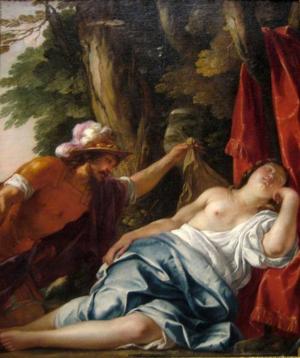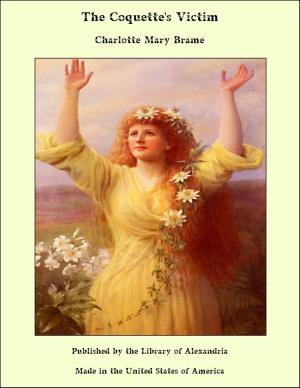| Author: | Andrew Lang | ISBN: | 9781465600950 |
| Publisher: | Library of Alexandria | Publication: | March 8, 2015 |
| Imprint: | Language: | English |
| Author: | Andrew Lang |
| ISBN: | 9781465600950 |
| Publisher: | Library of Alexandria |
| Publication: | March 8, 2015 |
| Imprint: | |
| Language: | English |
The best time for book-hunting in Paris is the early morning. "The take," as anglers say, is "on" from half-past seven to half-past nine a.m. At these hours the vendors exhibit their fresh wares, and the agents of the more wealthy booksellers come and pick up everything worth having. These agents quite spoil the sport of the amateur. They keep a strict watch on every country dealer's catalogue, snap up all he has worth selling, and sell it over again, charging pounds in place of shillings. But M. de Resbecq vows that he once picked up a copy of the first edition of La Rochefoucauld's "Maxims" out of a box which two booksellers had just searched. The same collector got together very promptly all the original editions of La Bruyere, and he even found a copy of the Elzevir "Pastissier Francais," at the humble price of six sous. Now the " Pastissier Francais," an ill-printed little cookery-book of the Elzevirs, has lately fetched 600 pounds at a sale. The Antiquary's story of Snuffy Davy and the "Game of Chess," is dwarfed by the luck of M. de Resbecq. Not one amateur in a thousand can expect such good fortune. There is, however, a recent instance of a Rugby boy, who picked up, on a stall, a few fluttering leaves hanging together on a flimsy thread. The old woman who kept the stall could hardly be induced to accept the large sum of a shilling for an original quarto of Shakespeare's "King John." These stories are told that none may despair. That none may be over confident, an author may recount his own experience. The only odd trouvaille that ever fell to me was a clean copy of "La Journee Chretienne," with the name of Leon Gambetta, 1844, on its catholic fly-leaf. Rare books grow rarer every day, and often 'tis only Hope that remains at the bottom of the fourpenny boxes. Yet the Paris book-hunters cleave to the game.
The best time for book-hunting in Paris is the early morning. "The take," as anglers say, is "on" from half-past seven to half-past nine a.m. At these hours the vendors exhibit their fresh wares, and the agents of the more wealthy booksellers come and pick up everything worth having. These agents quite spoil the sport of the amateur. They keep a strict watch on every country dealer's catalogue, snap up all he has worth selling, and sell it over again, charging pounds in place of shillings. But M. de Resbecq vows that he once picked up a copy of the first edition of La Rochefoucauld's "Maxims" out of a box which two booksellers had just searched. The same collector got together very promptly all the original editions of La Bruyere, and he even found a copy of the Elzevir "Pastissier Francais," at the humble price of six sous. Now the " Pastissier Francais," an ill-printed little cookery-book of the Elzevirs, has lately fetched 600 pounds at a sale. The Antiquary's story of Snuffy Davy and the "Game of Chess," is dwarfed by the luck of M. de Resbecq. Not one amateur in a thousand can expect such good fortune. There is, however, a recent instance of a Rugby boy, who picked up, on a stall, a few fluttering leaves hanging together on a flimsy thread. The old woman who kept the stall could hardly be induced to accept the large sum of a shilling for an original quarto of Shakespeare's "King John." These stories are told that none may despair. That none may be over confident, an author may recount his own experience. The only odd trouvaille that ever fell to me was a clean copy of "La Journee Chretienne," with the name of Leon Gambetta, 1844, on its catholic fly-leaf. Rare books grow rarer every day, and often 'tis only Hope that remains at the bottom of the fourpenny boxes. Yet the Paris book-hunters cleave to the game.















